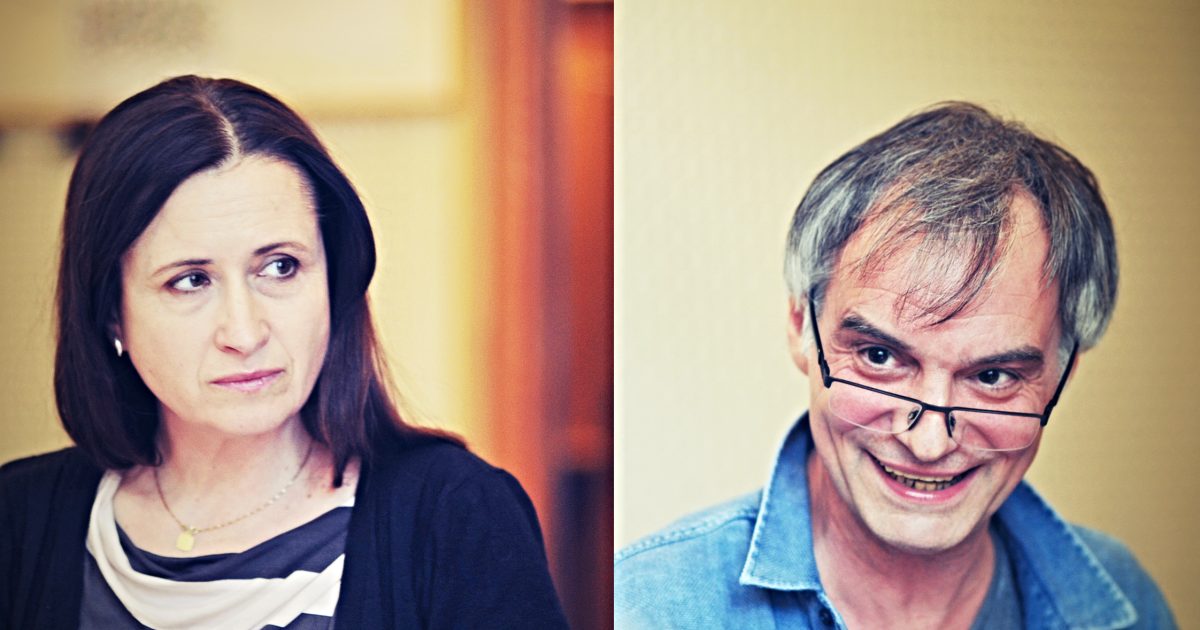Radio editing and dramaturgy: Jiří Hubička
Persons and cast:
Nora (Dana Černá), Helmer (Ivan Trojan), Rank (Martin Stropnický), Lindová (Daniela Kolářová), Krogstad (Boris Rösner), maid (Drahomíra Fialková), servant (Michal Zelenka), boy (Jiří Köhler), girls ( Apolena Vacková and Lenka Švorcová)
Translation:
Francis Fröhlich
Music:
Marko Ivanovic
Directed by:
Hana Kofránková
Filmed:
2004
The Norwegian playwright and poet Henrik Ibsen covered the entire second half of the 19th century with his life and work. As the translator and connoisseur of Ibsen’s works František Fröhlich wrote – his plays “not only passively reflect their time, but also influence and co-create in an indelible way.”
Probably the author’s best-known and most acted drama, which already brought him world fame during his lifetime, is Nora (Doll’s House) from 1879. In it, Ibsen opens up the shocking theme of a woman’s lack of freedom in marriage.
The plot takes place during the Christmas holidays in the Helmer family. The marital coexistence of Nora and Thorvald is dramatically affected by the revelation of Nora’s long-ago fraud, which she committed in her husband’s interest. Subsequent events will lead Nora to recognize her own bitter reality. She realizes that she is just a doll for her husband and their union is not a real relationship but just a game. In order to find herself, Nora decides to leave her husband and family and leaves.
The way in which Henrik Ibsen looked at the institution of marriage and the position of women in it repeatedly aroused great indignation of the audience, during the German release, the audience even demanded a change to the ending of the play. And although a lot has been said and written on the topic of female emancipation since Ibsen’s time, Nora is still being played because the question of how much one lives one’s life truthfully remains relevant.
2023-12-30 14:06:49
#Henrik #Ibsen #Dolls #House #Nora #Dana #Černá #Ivan #Trojan #famous #drama


